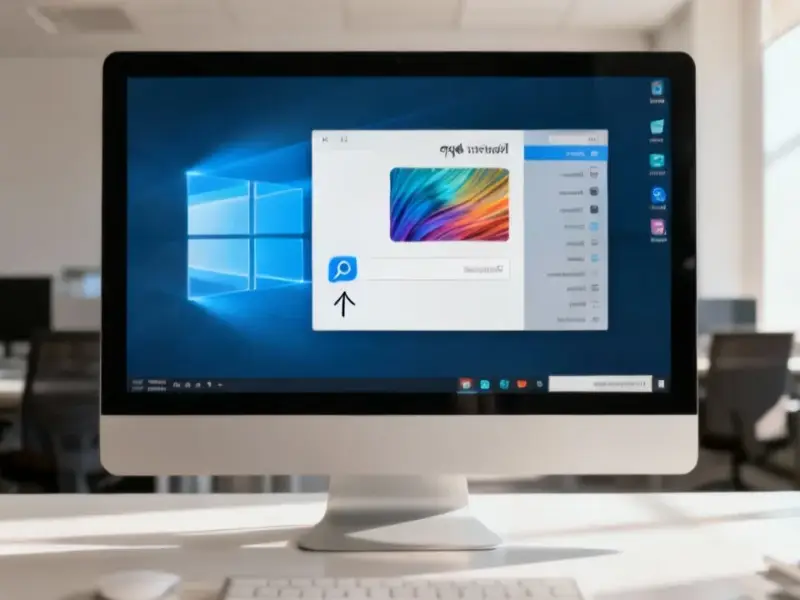According to CRN, The 20 MSP has acquired three more managed service providers – Red Level Group in Novi, Michigan, iStreet Solutions in Roseville, California, and InData Consulting in Santa Clarita, California. These deals bring their total acquisition count to 44 in just three years, with CEO Tim Conkle now planning to dramatically accelerate the pace to 25-40 acquisitions per year. The Red Level Group acquisition was particularly significant as it’s their largest yet at “well over $10 million” in revenue, compared to their typical $1-6 million range targets. The company also maintains a membership group of about 175 MSPs that use their technology platform, but Conkle wants to grow that to 600 members while expanding their physical footprint across every U.S. state and potentially into Canada.
The MSP Consolidation Game Is Accelerating
Here’s the thing – when a CEO says they’ve been moving “a little slow” after doing 44 acquisitions in 36 months, you know something big is happening in the market. The managed services space has been consolidating for years, but The 20 MSP’s ambition to potentially do 40 deals in a single year is absolutely wild. That’s basically an acquisition every 1.8 weeks if they hit the high end of their target.
What’s really interesting is their dual-track approach. They’re not just buying companies – they’re building this ecosystem where smaller MSPs can join their platform without being acquired. It’s like they’re creating a farm system for future acquisitions while also collecting recurring revenue from members. Pretty clever, honestly. But can they really scale from 175 to 600 members while simultaneously ramping up acquisitions? That’s a massive operational challenge.
The “Better Together” Valuation Math
Conkle’s argument about MSPs being “more valuable together” is compelling, even if the math feels a bit optimistic. He claims that 50 individual MSPs each worth $1 million could suddenly create $100 million in value “at the stroke of a pen” by combining. Now, I’m skeptical about that 5x multiple applying uniformly to a consolidated entity – integration costs and cultural clashes can destroy value pretty quickly.
But the core insight is solid: smaller MSPs often struggle with scale, technology costs, and exit options. Being part of a larger organization gives them buying power, shared resources, and potentially better multiples when they do decide to sell. The question is whether The 20 MSP can actually deliver on that promise without becoming just another corporate overlord that strips out what made these smaller shops successful in the first place.
What This Means For The Rest Of The Market
For smaller MSPs watching this unfold, the message is clear: get big, get specialized, or get acquired. The middle ground of being a generalist MSP with $1-5 million in revenue is becoming increasingly challenging. You’re either competing against massive players with economies of scale or facing pressure from platforms like The 20 MSP that offer an alternative path.
The international expansion into Canada is also telling. The MSP market is maturing rapidly, and the land grab phase is happening now. Companies that establish scale and geographic coverage early will have significant advantages in bidding for larger enterprise contracts and attracting talent. But here’s my concern – rapid acquisition sprees often lead to integration nightmares. Can The 20 MSP maintain service quality and culture while growing this aggressively? That’s the billion-dollar question.




